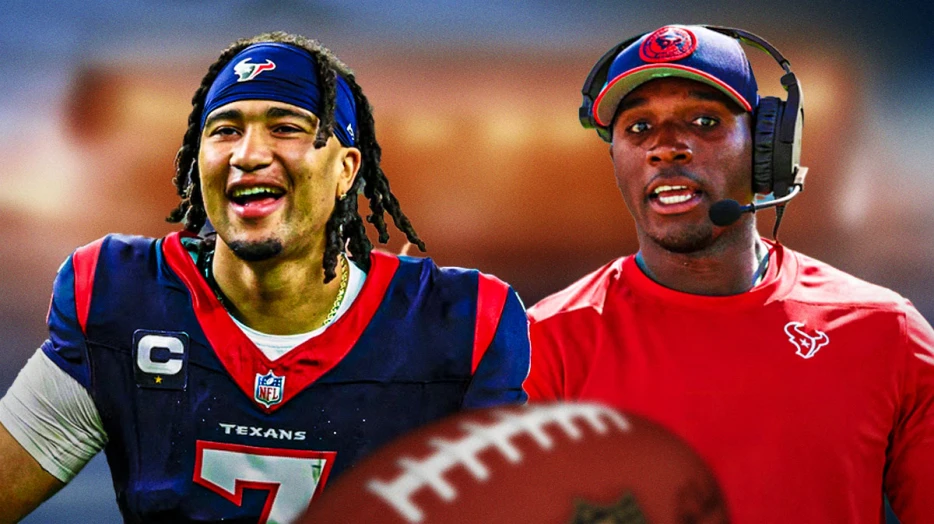
 ClutchPoints
ClutchPoints
he Houston Texans dropped to 2-4 on the season following a disappointing 27-19 defeat to the Seattle Seahawks on Monday Night Football at Lumen Field. While the final score suggests a competitive contest, the game was far uglier than the numbers indicate, with Houston’s offense managing just 254 total yards and averaging a paltry 3.7 yards per play. The Texans had every opportunity to capitalize on Seattle’s four turnovers but failed to execute when it mattered most, extending their frustrating start to the 2025 campaign. As head coach DeMeco Ryans put it bluntly, “Today, it wasn’t a good day for our entire team. It’s not just one side. All three phases did not do a great job today. We didn’t play winning football”. Several culprits deserve blame for this dismal showing under the bright lights.
While Stroud deserves some sympathy given the constant pressure he faced, the second-year quarterback still bears significant responsibility for the offensive meltdown. Stroud completed just 23 of 49 passes for 229 yards, one touchdown, and one interception, averaging a dismal 4.7 yards per attempt. His completion percentage of under 50% represents one of the worst performances of his young career, and he failed to generate explosive plays when the Texans desperately needed them.
The interception proved particularly costly, coming early in the second half when Houston was trying to climb back into the game. Seahawks linebacker Ernest Jones intercepted Stroud after his legs were wrapped up on the throw, causing the football to sail directly into Jones’ arms. The turnover set up Seattle at the Texans’ 38-yard line and essentially sealed Houston’s fate. Even when Stroud had time to throw, his accuracy was inconsistent, with several passes sailing on him throughout the night.
Stroud’s mobility, which has been an asset throughout his career, also led to problems against Seattle’s disciplined defense. On multiple occasions, he scrambled free only to have positive plays negated by penalties or drops. One symbolic moment came in the first half when Stroud broke free and dumped off a pass to Nick Chubb, only for the running back to drop it. Stroud acknowledged after the game, “Our defense kept us in the whole game. Got to help those guys out and score some points somehow, some way”. The lack of offensive production falls squarely on his shoulders as the leader of the unit.
The Texans offensive line’s nightmare season continued in Seattle, as they were thoroughly dominated by the Seahawks’ defensive front. Houston’s porous pass protection left quarterback CJ Stroud under siege all night, with the embattled signal-caller taking seven quarterback hits and three sacks while being pressured on 31.5% of his dropbacks. The pressure was so relentless that it felt like far more, according to multiple observers. Stroud never had time to settle into any rhythm, looking flustered from the opening drive to the final whistle.
CJ Stroud got sacked on a run play....